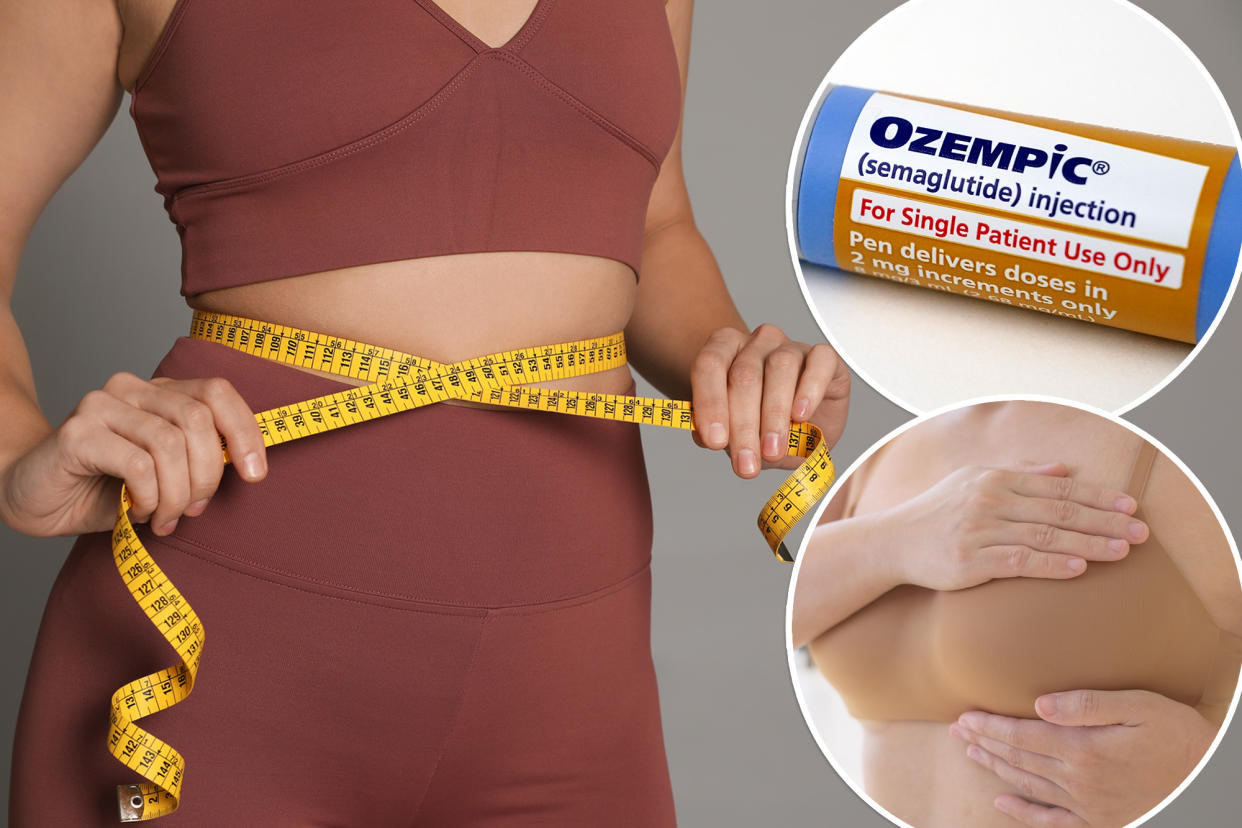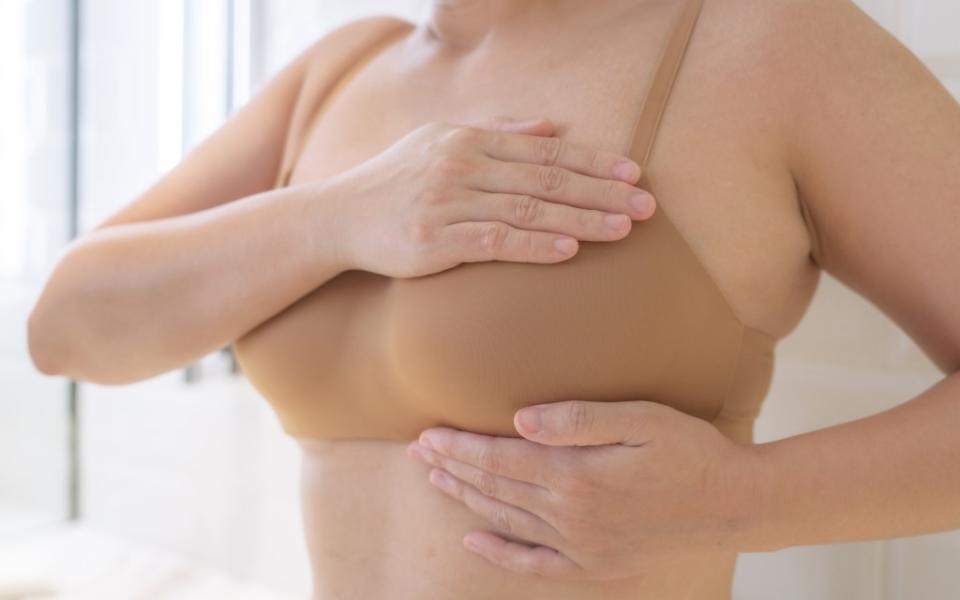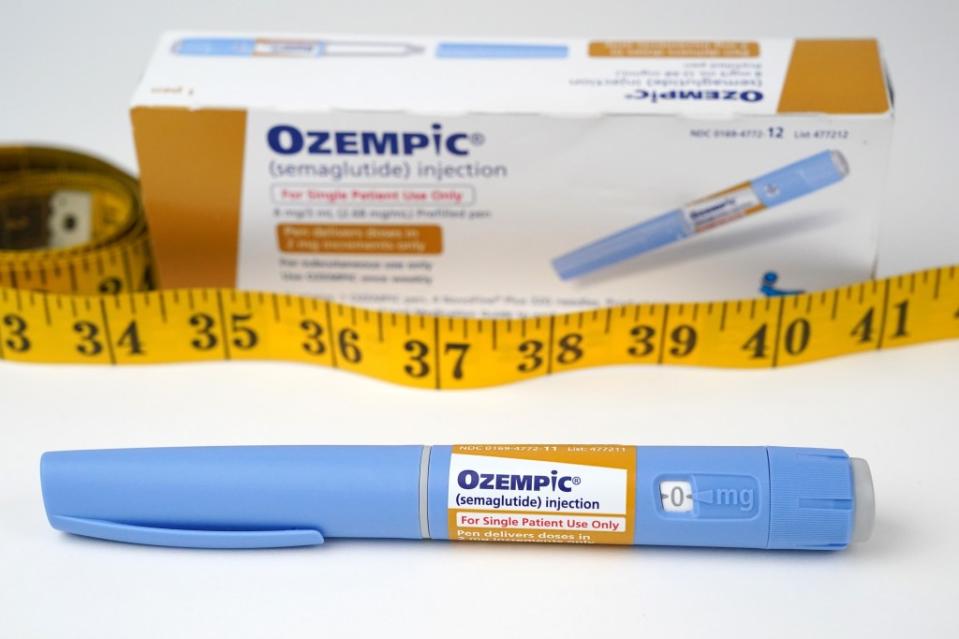‘Ozempic breasts’ are the latest side effect of the popular drug, leaving users feeling ‘deflated’

It’s a sore subject.
“Ozempic breasts” are the latest side effect of the weekly injection, with some women complaining about sagging breasts. Experts say this is a completely normal occurrence when people lose a significant amount of weight in a short amount of time — it’s not unique to Ozempic or other GLP-1 drugs used for diabetes or weight loss.
“In the breast area, rapid fat loss can leave the skin envelope empty, causing the breasts to look deflated and the nipples facing downward,” Dr. Ronald F. Rosso, medical director at Peninsula Plastic Surgery in Torrance, California, explained to Heathline last week. “This appearance is very similar to what happens after patients have had more traditional weight loss procedures such as gastric bypass.”
Dr. Walter J. Joseph, a California aesthetic plastic and reconstructive surgeon, said that Ozempic users who have been pregnant and breastfed their children may be at greater risk for “sad-looking” breasts that mean less cleavage and less fullness.
Women can try to ease their discomfort by wearing a supportive bra everywhere except for the shower, Dr. Elie Levine, director of plastic surgery at Plastic Surgery & Dermatology of NYC PLLC, told Heathline.


Plastic surgery may also be an option. Skin-tightening procedures have soared as Ozempic becomes more popular and grumbles about “Ozempic butt” (a droopy patootie) and “Ozempic face” (hollowed-out cheeks) rise.
In a breast lift, also known as mastopexy, a plastic surgeon removes sagging skin, reshapes the remaining tissue, and repositions the nipple so it’s facing forward instead of down. A breast lift can also be done with implants.
Dr. Christopher Costa, founder of Platinum Plastic Surgery in Las Vegas, advises patients to wait until they achieve — and maintain — their desired weight before deciding on plastic surgery.
A 2022 study found that participants regained two‐thirds of their weight loss within the first year after stopping their GLP‐1 usage.
“Your body after Ozempic may be completely different,” Costa told Heathline. “That means accepting that overall breast volume and shape may be affected. If you’re not ready for a cosmetic procedure, it’s OK to embrace your new look. Go shopping for new clothes to fit your new size and bust to create the best version of yourself.”
Some GLP-1 users have also lamented that their breasts feel swollen.
“I’m on week 3 of semaglutide (.25 dose) and have had virtually zero side effects, but the last week my breasts have been so heavy and sore! Like first trimester sore, tender, the works,” one Redditor described last month. “They feel bigger too. I haven’t had any weight loss so I don’t think it’s due to that.”
Swelling may be reduced by massaging the breasts to increase circulation, said Levine, who also recommends ibuprofen, Tylenol or a cool compress to relieve symptoms.
Costa said more research is needed to directly link the medications to hormonal changes that can cause breast swelling.
